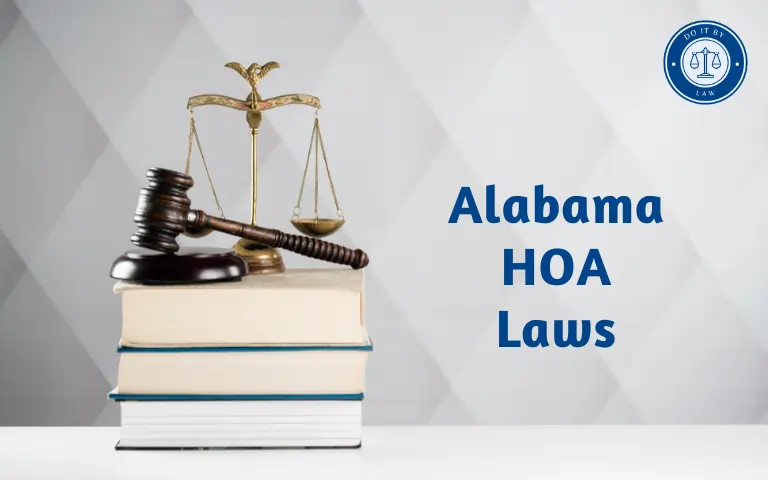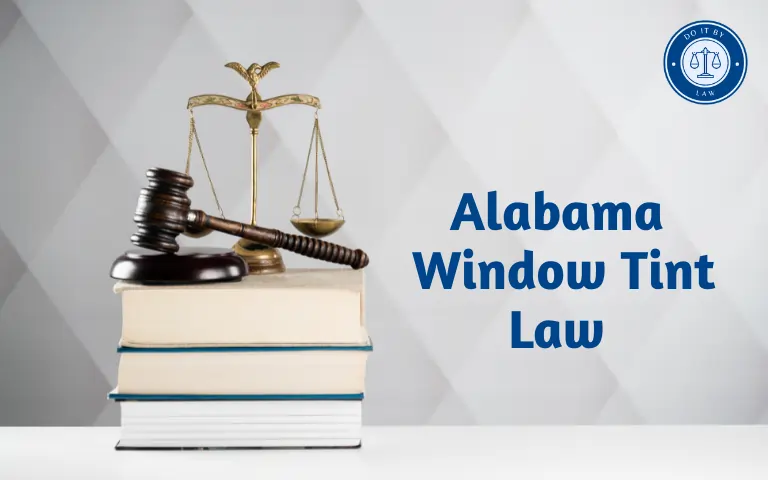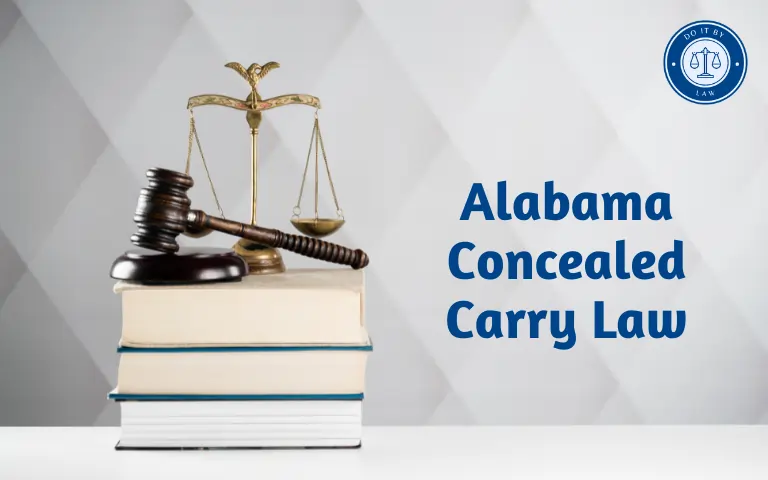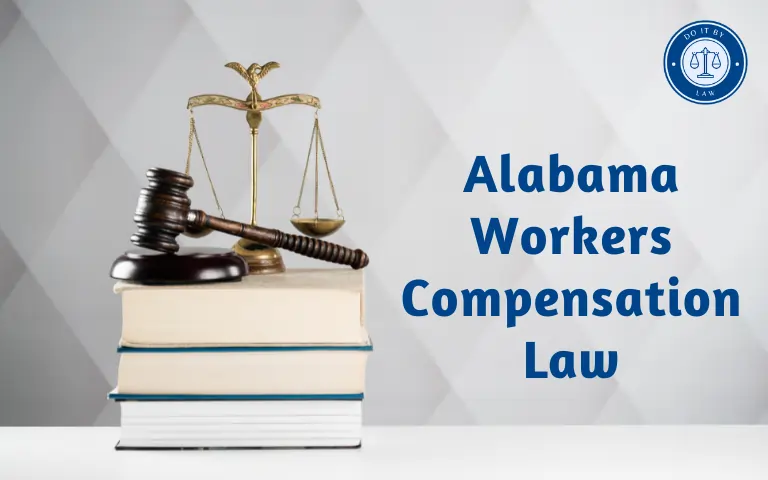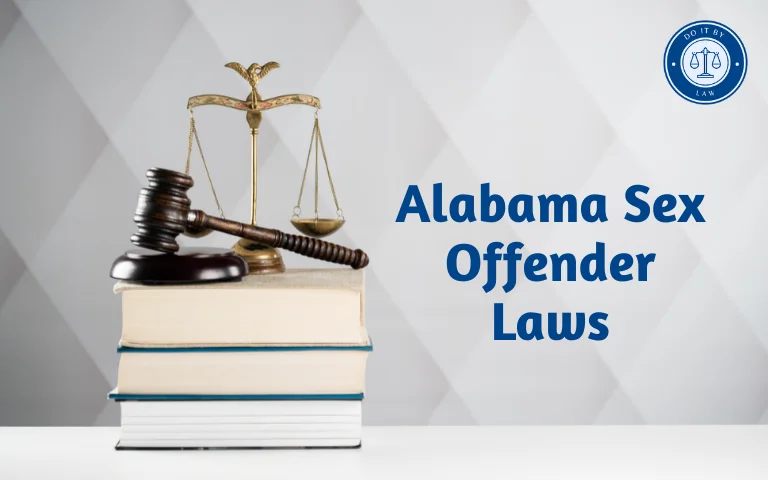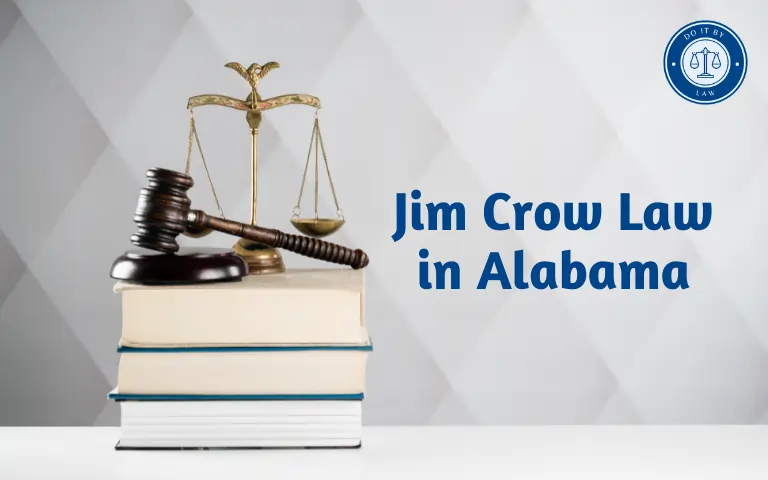Alabama HOA Laws: What You Need to Know
Homeowners associations (HOAs) are common in Alabama residential communities. HOAs can establish rules and restrictions for properties under their purview. Understanding your rights and responsibilities under Alabama HOA laws is important for homeowners.
This guide covers key Alabama statutes and regulations governing HOAs and HOA members. We’ll explore what HOA rules can cover, required HOA policies, how to challenge unreasonable rules, enforcement processes, recent legislative changes, and areas of ongoing controversy regarding HOA oversight in Alabama state laws.
When Were HOA Laws Established in Alabama and Why
Alabama adopted its first Horizontal Property Act enabling condominium associations in 1963. This allowed shared structural elements and common areas to be legally defined and managed jointly in multi-unit developments.
The Alabama Uniform Condominium Act in 1991 and the Alabama Uniform Common Interest Ownership Act in 1994 further empowered HOAs and clarified their operations. These laws formalized HOA governance and dispute resolution processes.
HOA laws balance individual property rights with the collective right of associations to establish reasonable rules protecting community aesthetics, functionality, and property values. Oversight aims to prevent HOA overreach.
Who Do Alabama HOA Laws Apply To?
Alabama HOA statutes apply to:
- Homeowners in condominium, townhome, and single-family home communities subject to mandatory membership HOAs
- Voluntary membership HOAs where the homeowner agrees to be bound through covenants
- HOA boards, officers, and management companies administering HOA-governed communities
HOA laws do not apply to independent private property owners not part of an HOA-managed development. But nearby HOA rules can still impact non-members.
Key Provisions of Alabama HOA Laws
Some key elements of Alabama HOA law include:
- HOAs must register with the Alabama Secretary of State by filing articles of incorporation as a nonprofit.
- HOAs must adopt bylaws and make them available to all members.
- HOAs must hold annual meetings and maintain records available for inspection.
- HOAs can collect regular and special assessments to fund maintenance and operations.
- HOAs can fine members for violations of rules and covenants. Due process must be followed.
- HOAs can place liens against properties for unpaid fines and assessments.
- Members can’t be denied housing rights based on protected classes.
- HOAs must follow condominium laws, fair housing laws, and other applicable statutes.
Common HOA Rules Under Alabama Law
Typical HOA regulations in Alabama address:
- Exterior modifications like fencing, decks, paint colors, etc.
- Landscaping and property maintenance standards
- Parking and vehicle restrictions
- Pet policies
- Noise levels
- Architectural aesthetic rules
- Common area use policies
- Rental and occupancy limits
Reasonable HOA rules balance individual rights and community goals like appearance, safety, and functionality.
Penalties for Violating Alabama HOA Laws and Rules
Penalties HOAs can impose for violations include:
- Fines, typically $10-100 per violation. Amounts must be reasonable.
- Suspension of privileges like parking, clubhouse access, etc.
- Towing of violating vehicles at the owner’s expense.
- Liens are placed on the property for unpaid dues, fees, and fines.
- Foreclosure initiated on the lined property if the owner does not pay.
- Lawsuits against non-compliant owners.
- Injunctions through the court’s compelling compliance.
Fines and suspensions are the most common. However, HOAs can escalate penalties for repeat violations.
Homeowner Rights and Protections Under Alabama HOA Law
Homeowners have rights under HOA laws including:
- Right to view all HOA governing documents.
- Right to participate in HOA elections and important votes.
- Right to due process before fines or other discipline.
- Right to appeal unreasonable rules or fines to HOA boards.
- Right to sue HOAs for failing to follow laws and procedures.
- Protection from discrimination in housing on protected grounds like race, religion, family status, etc.
- Protection from retaliation for exercising legal rights.
How to Challenge Unreasonable Alabama HOA Rules
Homeowners can challenge HOA rules by:
- Raising concerns respectfully to HOA boards and requesting justifications for rules.
- Rallying other members to speak up against burdensome policies.
- Voting for HOA board members willing to revisit rules.
- Proposing rule changes at HOA meetings.
- Filing official appeals through HOA processes.
- Withholding dues/fees in escrow during disputes as leverage.
- Suing for injunctions against rules violating laws or constituting unreasonable restraints on property rights.
Documentation helps strengthen cases against arbitrary HOA rules. Consult a real estate attorney for guidance.
Recent Changes Impacting Alabama HOAs
Some recent legislative and legal developments affecting Alabama HOAs include:
- Amendments protecting owners’ rights to fly flags in the 2000s.
- Solar panel installation protections enacted in 2019 prevent stringent HOA restrictions.
- Case law strengthening due process requirements for HOA fines and foreclosures.
- Failed legislative pushes to further limit HOA authority over architectural modifications, landscaping, etc.
- Debates over HOA oversight and management company licensing requirements.
Changes often aim to check HOA overreach while preserving their role in protecting communal assets. Expect continued legal evolution.
Controversies Surrounding Alabama HOA Laws and Practices
Major areas of controversy with Alabama HOAs include:
- HOAs exceed their authority in restricting owners’ use of private property through covenants.
- Abuse of power by HOA boards against dissenting owners.
- Failure to follow open meetings, due process, and transparency requirements.
- Assessments, fees, and fines are used improperly or kept overly high.
- Selective enforcement of rules targeting some owners over others.
- Management companies steer HOAs toward policies benefitting the company over residents.
Reform efforts target these problem areas while recognizing that HOAs fill an important role when operating ethically.
Conclusion: Key Takeaways on Alabama HOA Laws
In summary, key takeaways regarding HOAs in Alabama include:
- HOAs balance communitywide standards and individual property rights.
- HOAs must follow statutes on governance, meetings, finances, and due process.
- Homeowners should understand their HOA’s rules, processes, and rights protections.
- Unreasonable rules can be challenged through defined procedures.
- Reform discussions continue around improving HOA accountability.
Knowing the laws allows Alabama homeowners to navigate HOA living and advocate for positive communities. Consult an attorney for guidance in responding to HOA disputes.
Frequently Asked Questions About Alabama HOA Laws
Conclusion
I hope this detailed overview has helped explain key aspects of Alabama laws governing homeowners associations. Let me know if you have any other HOA-related questions!

